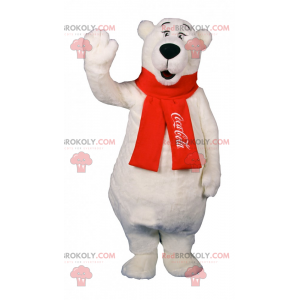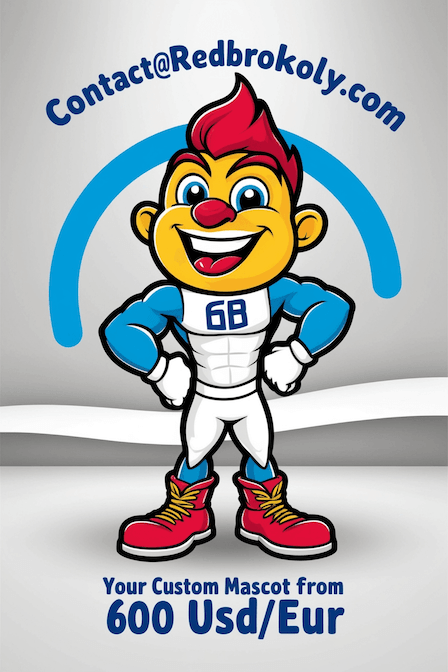Harness the Power of Mascots for Brand Recognition Sales
Mascots: An Essential Asset in Modern Marketing
In the world of modern marketing, mascots play a crucial role in allowing companies to stand out and build strong emotional connections with their audience. Indeed, the use of mascots can have a significant impact on brand recognition, customer loyalty, and overall business performance. In this article, we will explore in detail the power of mascots in digital marketing and how they can become a key differentiating element in the market.
Enhancing Brand Recognition
Mascots are iconic visual representations of a company or brand. They help create a recognizable and memorable identity for consumers. By associating a mascot with a brand, it becomes more easily identifiable and memorable, thus strengthening its visibility and reputation. A well-designed mascot can embody the values and personality of the brand, allowing consumers to more easily relate to it.
Fostering Customer Loyalty
Mascots evoke positive emotions in consumers, which can help strengthen the relationship between the brand and its audience. By creating a strong emotional connection, mascots can foster customer loyalty and encourage repeat purchases. Consumers are more likely to engage with a brand that evokes positive feelings, and mascots are an effective way to achieve that.
Boosting Sales
Mascots bring a playful and friendly touch to advertising campaigns, which can stimulate consumer engagement and interaction. By creating memorable and enjoyable experiences, mascots can positively influence customer purchasing behavior. Their presence can make the brand's products or services more appealing and pique consumers' interest, often leading to increased sales.
Targeting a Young and Diverse Audience
Mascots are particularly effective in targeting a young and diverse audience. Their universal appeal and ability to transcend cultural barriers make them a versatile marketing tool for reaching different consumer groups. Children, in particular, are often very receptive to mascots, making them an ideal way to build lasting connections with consumers from a young age.
Conclusion
In conclusion, mascots play an essential role in current marketing due to their ability to enhance brand recognition, foster customer loyalty, and boost sales. Their playful and friendly nature helps generate consumer engagement and interaction, while offering a unique way to stand out in a competitive market. By effectively integrating mascots into an overall marketing strategy, companies can build strong emotional connections with their audience and position themselves distinctively and memorably.
In summary, mascots are not just fun characters, but strategic assets for brands looking to differentiate themselves and build lasting relationships with their customer base.












